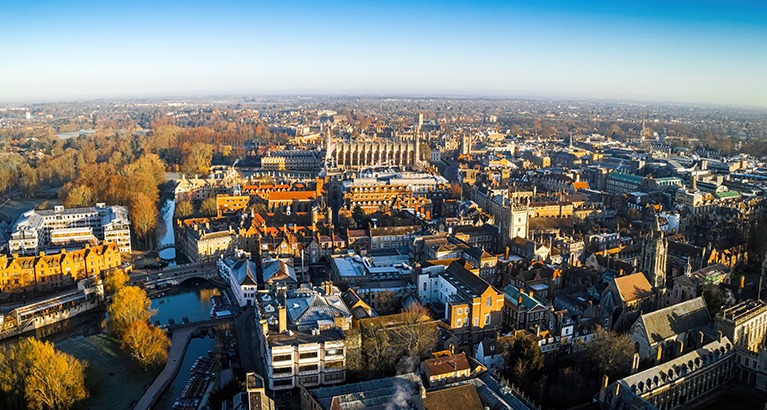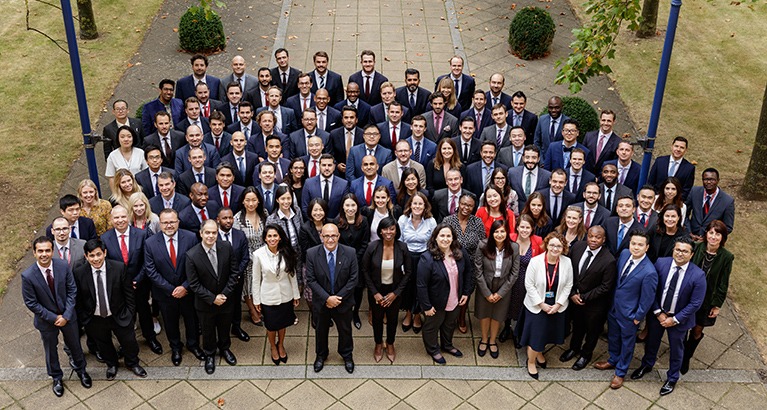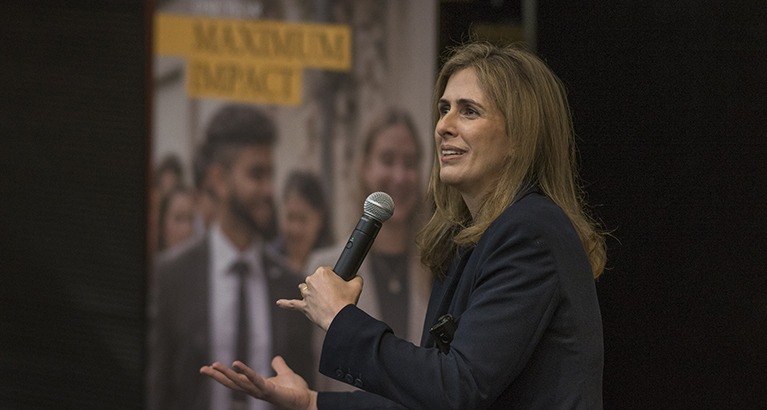The 2023 Global Innovation Index (GII) has once again named Cambridge as the top science and technological (S&T) cluster by intensity, as measured by its size.
The Index published by the World Intellectual Property Organization focuses on S&T clusters, analysing patent-filing activity and scientific article publication relative to an area’s population, documenting density of inventors and authors of scientific content.
The Index showed that, per 1 million inhabitants over the past 5 years, the Cambridge cluster, also known as Silicon Fen, filed 6,582 Patent Cooperation Treaty (PCT) patent applications and published 37,136 scientific articles.
“Innovation output at the local level is equally as important as output at the national level,” says the Index, which also placed Cambridge top for S&T intensity a year ago.
2023 Global Innovation Index names top clusters
In this year’s Index, the San Jose-San Francisco cluster in the US was named second and Oxford third. Other clusters in the top 10 are: Eindhoven in the Netherlands; Boston-Cambridge, Massachusetts; Daejeon in Korea; Ann Arbor, Michigan in the US; San Diego, California; Seattle; and Munich.
For the first time, the 2023 Index lists China as the economy with the most clusters (24) in the top 100, overtaking the United States with 21 clusters, followed by Germany with 9 clusters and Japan with 4 clusters.
Cambridge Judge sits at the heart of the Cambridge cluster
Innovation in Cambridge is contagious, and the city’s relatively small size helps breed that because innovative people are always running into other brilliant minds to share ideas and exchange knowledge.

Surrounded by Cambridge colleges and championing innovation, Cambridge Judge Business School sits at the heart of the ‘Cambridge cluster’ that includes hundreds of start-up companies and world-leading research. Cambridge Judge hosts many research centres focusing on innovation in areas that include healthcare, the environment, finance, entrepreneurship and social enterprise.
“Innovation is the lifeblood of Cambridge Judge and the wider Cambridge ecosystem,” says Michael Kitson, Director of the Cambridge MBA programme at Cambridge Judge and Associate Professor in International Economics.
“Innovation in Cambridge is contagious, and the city’s relatively small size helps breed that because innovative people are always running into other brilliant minds to share ideas and exchange knowledge.”
A report earlier this year by consultants London Economics showed that the University of Cambridge adds nearly £30 billion to the economy every year and supports more than 86,000 jobs across the UK.
Professor Deborah Prentice, Vice-Chancellor of the University of Cambridge, said:
“Cambridge is a truly extraordinary place, where leading scientists work side by side with industry and academic partners, sparking ideas and creating life-changing medicines, technologies and services. I am thrilled to see it again recognised as one of the greatest innovation hubs on the planet.”
Related content
The 2023 Global Innovation Index is published by the World Intellectual Property Organization.





